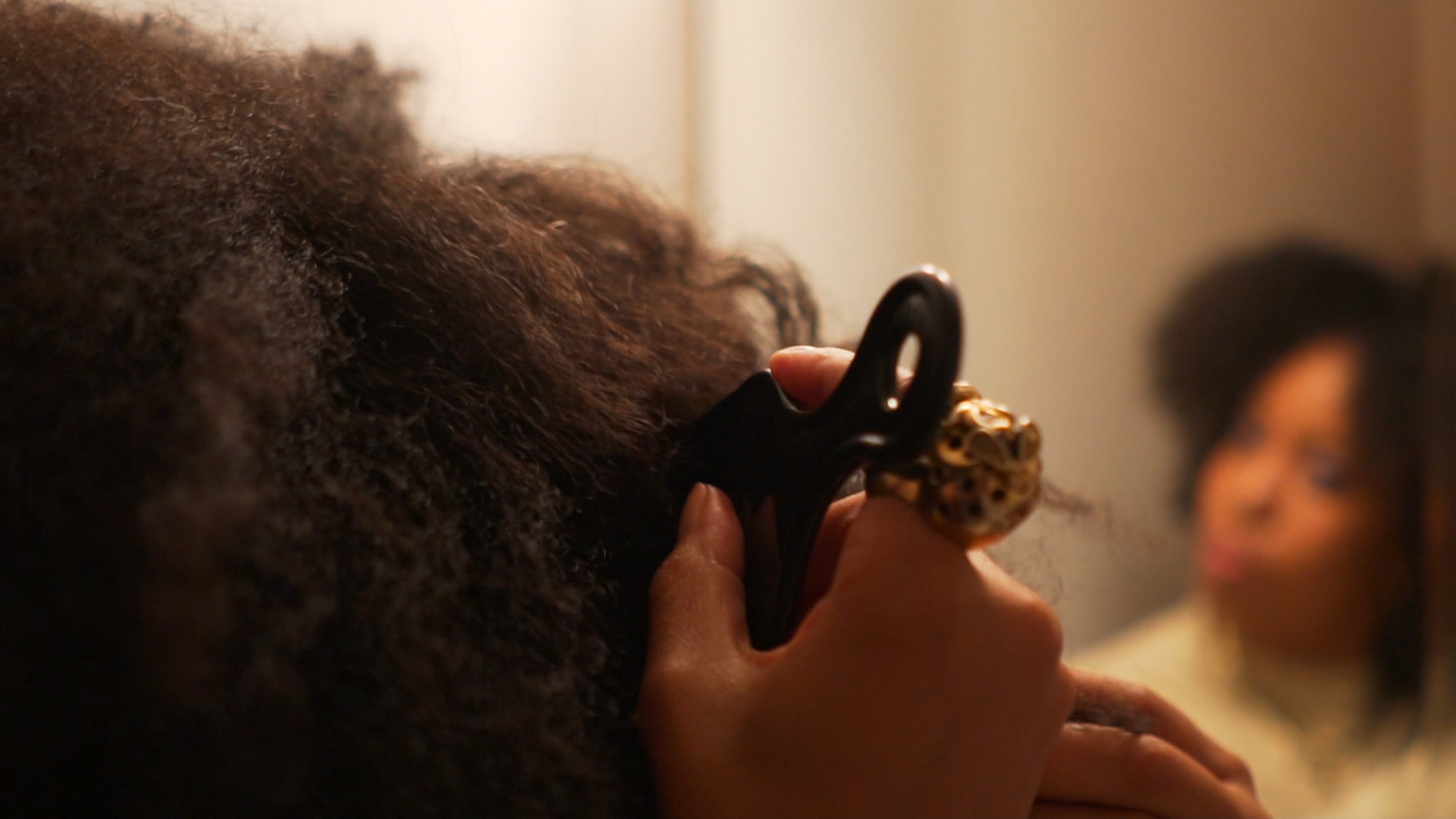According to Marissa Pina, KLN ‘15, the process of making the documentary “Black Girl Church” was one where all the pieces just fell into place. From originally being approached with the idea by her co-creator Audrey Williams, to starting production in September, and having her documentary covered in Teen Vogue, Pina said that the making of this documentary was an incredible experience.
“I’m just so excited and honored that it’s been doing so well and received so well,” Pina said.
“Black Girl Church” takes a look at black beauty, the connection between black women and their hair, and the rituals surrounding the beauty supply store.
“The beauty supply store is where we first learn how to love ourselves, love our hair, love our skin, and take care of ourselves in a way,” Pina said. “We really wanted to center the stories of black women and tell those stories with our own voices.”
For Pina, who is biracial, the value of seeing people like herself in media when she was younger would have been priceless, she said. Now that she has the tools to share these perspectives, she wants to prioritize telling these stories.
“I finally just started making things for myself and making things because I thought they were important,” Pina said. “It’s been so rewarding. It’s important to tell stories when you think it’s important that they be told.”
The documentary focuses on the lives of black women, as well as one who owns a beauty supply store, and from there it opens up to a larger conversation about beauty, identity and supporting black businesses.
Joe Schaefer, KLN ‘15, the editor and director of photography for “Black Girl Church,” was brought into the production last October. He and Pina have been making other video projects together for years.
“The part I enjoyed most was learning about each of these subjects’ stories,” Schaefer said. “It felt like every interview we had, a new layer of the story was peeled back.”
Pina said that the film will have a screening in Philadelphia in October, followed by screenings in other major cities across the country.
“We’re trying to host these events and screenings, trying to go to cities like Philadelphia, Atlanta, LA and others because we want the general public and especially black women to see it,” Pina said. “I don’t want to block anybody out of that story.”

